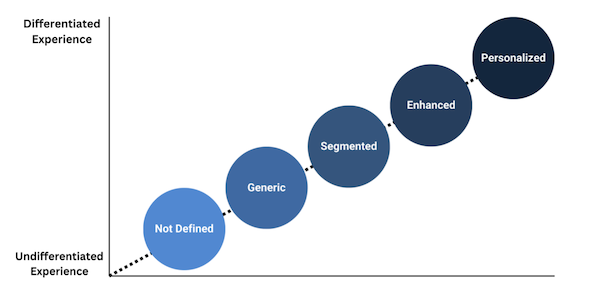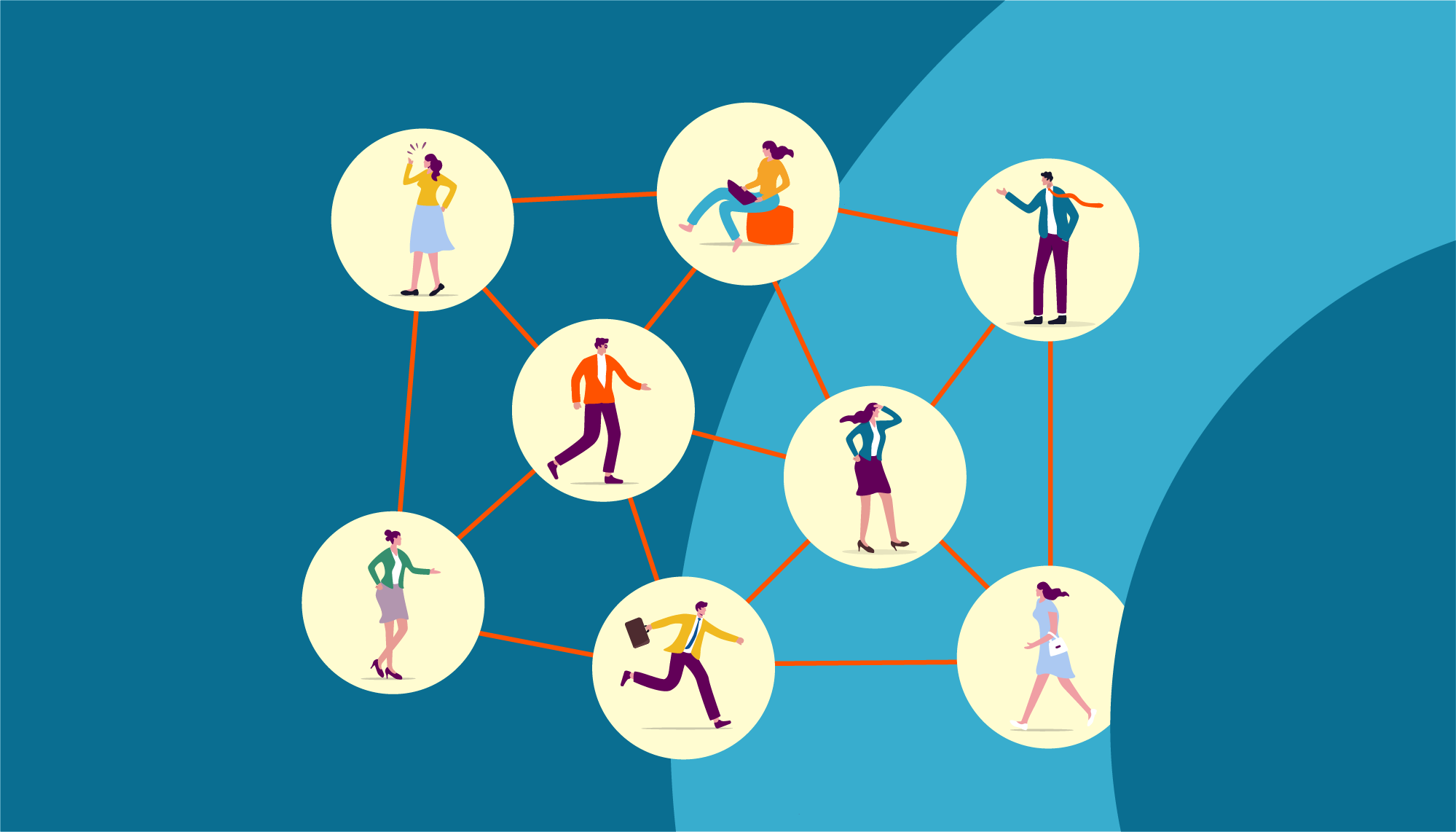In a profession that has a penchant for using the same website imagery to depict the impact of financial planning (think a sailboat, a beach or a compass) it can be hard to tell the difference between one advisory firm and another.
And yet differentiation is a key goal for most advisers. As a result, a great deal of time, money and energy is spent on trying to appear different from others. That may include technology, messaging, credentials or any other aspect of the business.
The problem is that such differentiation is fleeting at best. The approach is less about being different and more about being different first. When you’re different first, it’s a temporary benefit, creating a never-ending, and exhausting, cycle.
But what if we’re trying to solve the wrong problem?
I’d like to suggest a different view of the same goal.
Meaningful and enduring differentiation isn’t about what makes an adviser different from other advisers, but what makes a client different from other clients.
A differentiated experience is, therefore, an experience that reflects the individual expectations, preferences, needs and feelings of each client. To take that one step further, a differentiated experience is driven by personalisation.
Why does personalisation make such a difference?
- A personalised experience reflects who we are as people. A generic, or a segmented, experience assumes that the expectations, preferences, needs and feelings of clients with broadly similar characteristics are the same. Not so much.
- A personalised experience ensures I feel seen and heard. It satisfies emotional needs, not just rational expectations and that creates an enduring bond.
As a result, a personalised experience may be the only enduring form of differentiation.
You don’t have to look much further than your personal relationships to prove the point. When we’re dating, we aren’t looking for someone who is different from everyone else. We are looking for that one person who supports and inspires us, based on who we are and what we need. On paper those two people may look very similar.
The path to real differentiation
The good news is that there is a path toward real differentiation. To get there, evaluate the core components of the experience you are already delivering and enhance each to move along a spectrum from entirely undifferentiated to truly differentiated.

Personalisation in action
I think of the impact of moving along the spectrum like painting a room. At each stage it’s like adding another layer of paint to a wall, making the overall effect richer and more impactful.
Let’s look at a simple example - the client review process.
Undefined experience: Wait until a client calls and then book a meeting. (If this is you, please stop reading and fix this.)
Generic experience: Create a plan to meet with all clients twice a year and automate the process to trigger an alert within the CRM. Share a standard agenda in advance.
Segmented experience: Structure a plan with meeting goals defined by the age of the client. Share a segmented agenda highlighting topics that are most relevant based on age.
Enhanced experience: Look for ways to make your segmented experience more memorable. For example, you could include video in your follow-up to the meeting, create a more inviting environment within the office or get intentional about remembering their drink preferences when they arrive.
Personalised experience: Invite input on meeting frequency and trigger alerts to reflect preferences. Invite clients to share their feelings, concerns and needs in advance of a review meeting and automatically feed that into the agenda to focus each conversation on what is most important.
Simply stated, a generic experience is about defining what you offer to clients and a personalised experience is about co-creating the experience.
This isn’t to suggest that we can’t enhance and improve the experience at every stage without personalisation. A niche focus, strong technology, the right team, a good culture and deeper expertise will make any experience better at every stage. Such enhancements are improvements but aren’t necessarily forms of differentiation.
Heading into 2024 you have a choice. You can focus on things that make you different from other advisers, if only for a brief period of time, or you can focus on the things that make clients different and begin to personalise the experience.
